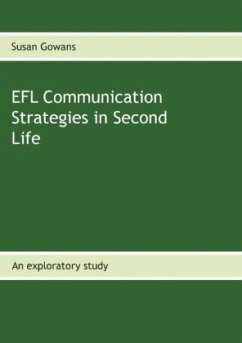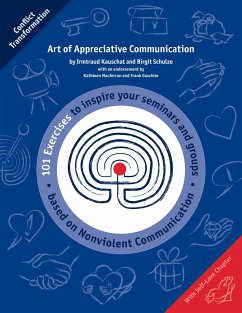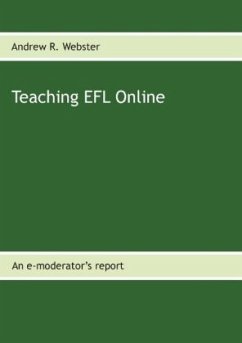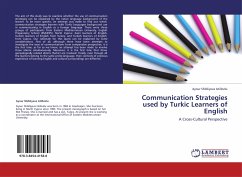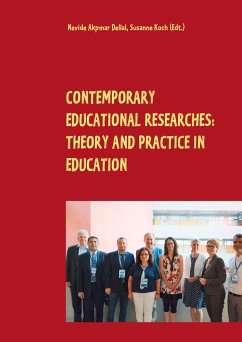This book is based on a research project carried out at Edinburgh University and reports the findings of an exploratory case study examining communication strategy use between three adult EFL learners from diverse cultural backgrounds and their teacher whilst incorporating voice and text chat during meaning-focused conversation tasks in Second Life. The analysis of the session transcript revealed that participants employed many of the communication strategies concomitant with face-to-face interactions for effective conversation management. The data also revealed that the participants adapted their communication strategies to suit the Second Life platform, thus overcoming conversational ambiguities arising from the absence of paralinguistic signals. In addition, discourse analysis of the transcript offered further insight into power relations, politeness and risk taking and provided signs of sociocultural learning and language development in line with second language acquisition (SLA) theory. Finally, the paper concludes that the modalities provided by the Second Life platform offer learners an alternative for communication and showing presence during discussion. It also concludes that teacher facilitation and continued support is important to engage learners in the virtual environment, to mediate the acclimatisation of the new surroundings and encourage them to take risks, thus taking control of their learning and autonomous practice. It evaluates the potential of using Second Life for language teaching and learning and provides a direction for future research.
Hinweis: Dieser Artikel kann nur an eine deutsche Lieferadresse ausgeliefert werden.
Hinweis: Dieser Artikel kann nur an eine deutsche Lieferadresse ausgeliefert werden.

